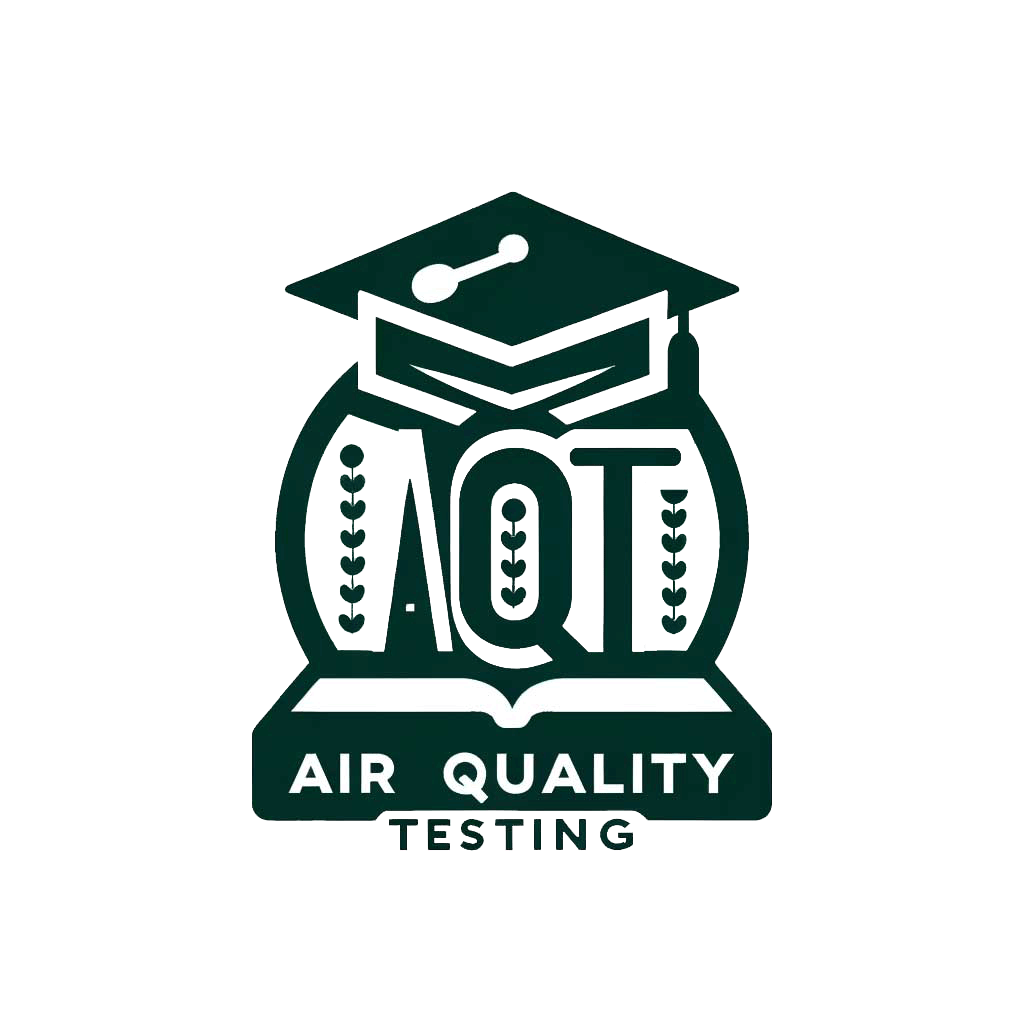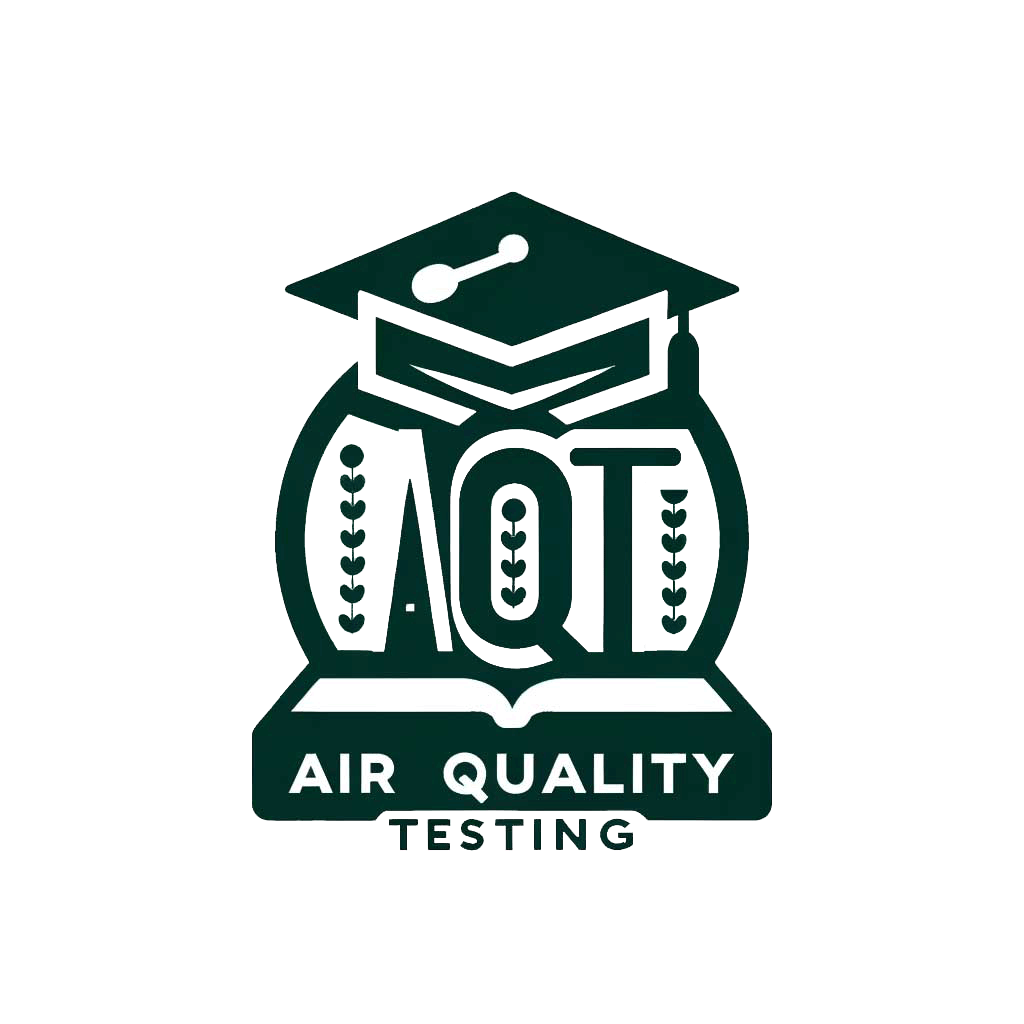Comparison Guide


Compliance and Industry Regulations - Staying Up-to-Date with NADCA and IAQCert Guidelines for Air Duct Cleaning Professionals
Remaining current with industry standards established by organizations like NADCA (National Air Duct Cleaners Association) and guidelines from IAQCert (Indoor Air Quality Certifications) is paramount for air duct cleaning professionals. This comprehensive learning material underscores the importance of compliance, outlines the benefits of adherence, and provides insights into strategies for incorporating these standards and guidelines into daily practices.
1. Significance of Compliance:
Compliance with industry standards and guidelines ensures professionals maintain a high level of quality, safety, and professionalism in their air duct cleaning services.
2. NADCA Standards and Guidelines:
NADCA sets rigorous standards for air duct cleaning, covering practices, equipment, and safety protocols. Adhering to these standards enhances credibility and client trust.
3. IAQCert Guidelines:
IAQCert provides guidelines related to indoor air quality certifications. Following these guidelines ensures professionals contribute to healthier indoor environments for clients.
4. Benefits of Adherence:
Compliance with industry standards and guidelines demonstrates a commitment to excellence, professionalism, and delivering services that meet recognized benchmarks.
5. Quality Assurance:
Following established standards helps maintain consistent service quality, leading to improved customer satisfaction and positive reviews.
6. Client Confidence:
Clients are more likely to trust professionals who adhere to recognized standards. Compliance demonstrates that professionals are well-trained and knowledgeable.
7. Alignment with Best Practices:
Industry standards often incorporate best practices that are backed by research and expertise. Following these practices results in efficient and effective cleaning processes.
8. Regulatory Requirements:
Compliance with industry standards can align with regulatory requirements and demonstrate a commitment to ethical and legal practices.
9. Continuous Learning:
Stay informed about updates and revisions to industry standards through regular training, seminars, workshops, and networking events.
10. Integrating Standards into Processes:
Incorporate industry standards and guidelines into daily practices, from equipment operation to safety protocols and customer communication.
11. Certification and Accreditation:
Seek certifications and accreditations from reputable organizations that endorse compliance with industry standards. These credentials bolster credibility.
12. Quality Control and Audits:
Regularly assess adherence to industry standards and guidelines through internal quality control measures and audits.
13. Contribution to Industry Reputation:
Adhering to recognized standards contributes to the overall reputation and professionalism of the air duct cleaning industry.
In summary, staying up-to-date with industry standards set by organizations like NADCA and guidelines from IAQCert is fundamental for air duct cleaning professionals. Compliance enhances service quality, professionalism, and client trust, ultimately leading to a more successful and respected business within the industry.
frequently asked questions
Why is compliance with industry standards important for air duct cleaning professionals?
Compliance ensures professionals maintain high quality, safety, and professionalism in their services, meeting recognized benchmarks.
What are NADCA standards and guidelines?
NADCA sets rigorous standards covering air duct cleaning practices, equipment usage, and safety protocols, enhancing credibility and client trust.
What are IAQCert guidelines?
IAQCert provides guidelines related to indoor air quality certifications, contributing to healthier indoor environments for clients.
What benefits do professionals gain from adhering to industry standards?
Adherence demonstrates commitment to excellence, professionalism, and delivering services that meet recognized benchmarks.
How does compliance with standards ensure quality assurance?
Following established standards maintains consistent service quality, leading to improved customer satisfaction and positive reviews.
Why is client confidence important in adherence to standards?
Clients trust professionals who follow recognized standards, indicating expertise and knowledge in the field.
How do industry standards align with best practices?
Standards often incorporate best practices supported by research and expertise, resulting in efficient and effective cleaning processes.
What is the relationship between compliance and regulatory requirements?
Compliance often aligns with regulatory requirements, demonstrating ethical and legal practices.
How can professionals stay informed about updates to industry standards?
Stay informed through regular training, seminars, workshops, and networking events that provide updates and revisions.



 NADCA
NADCA 


